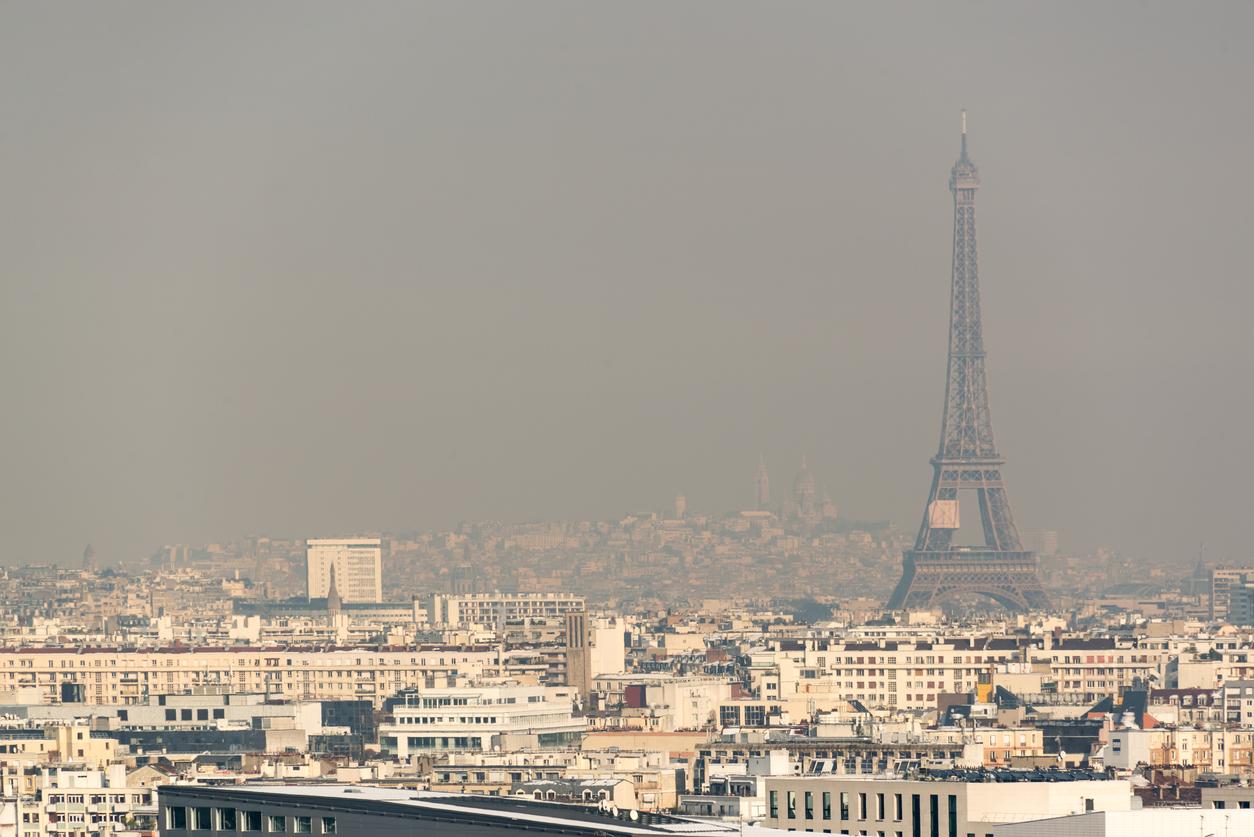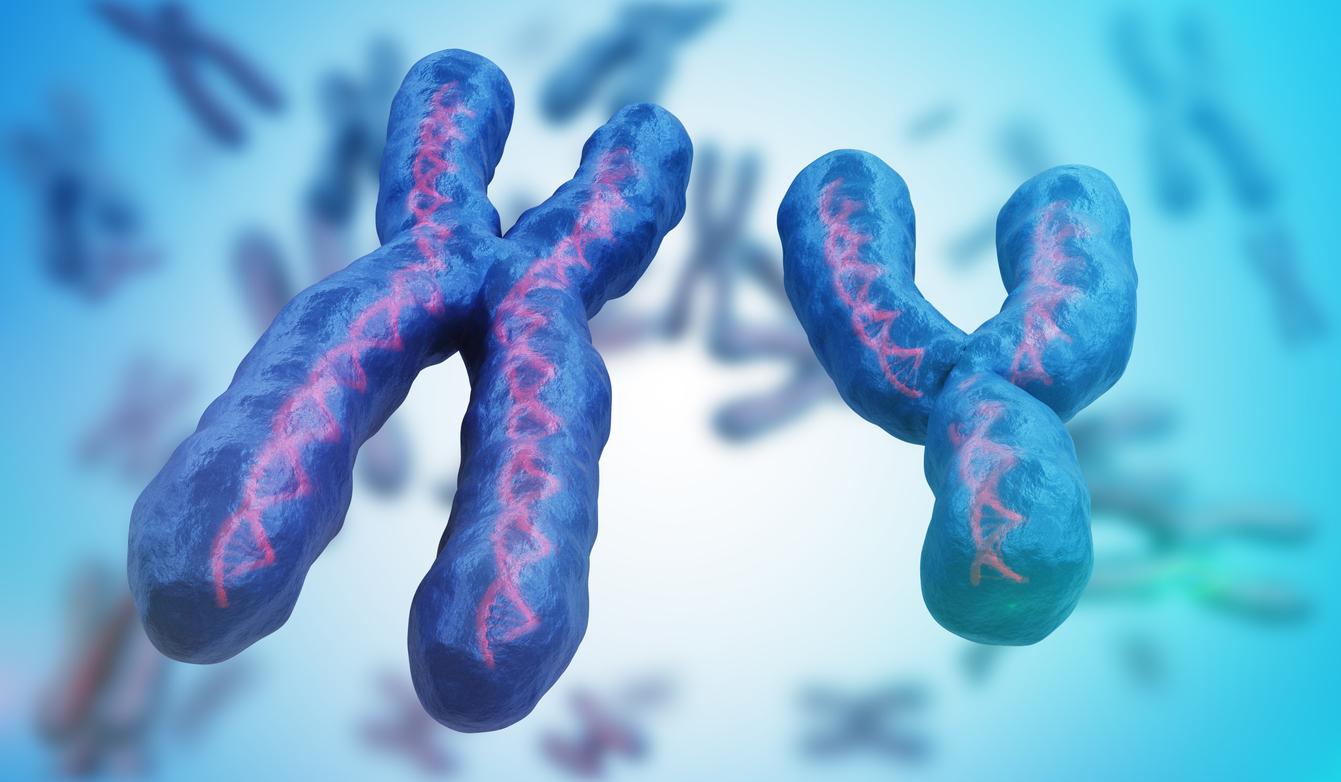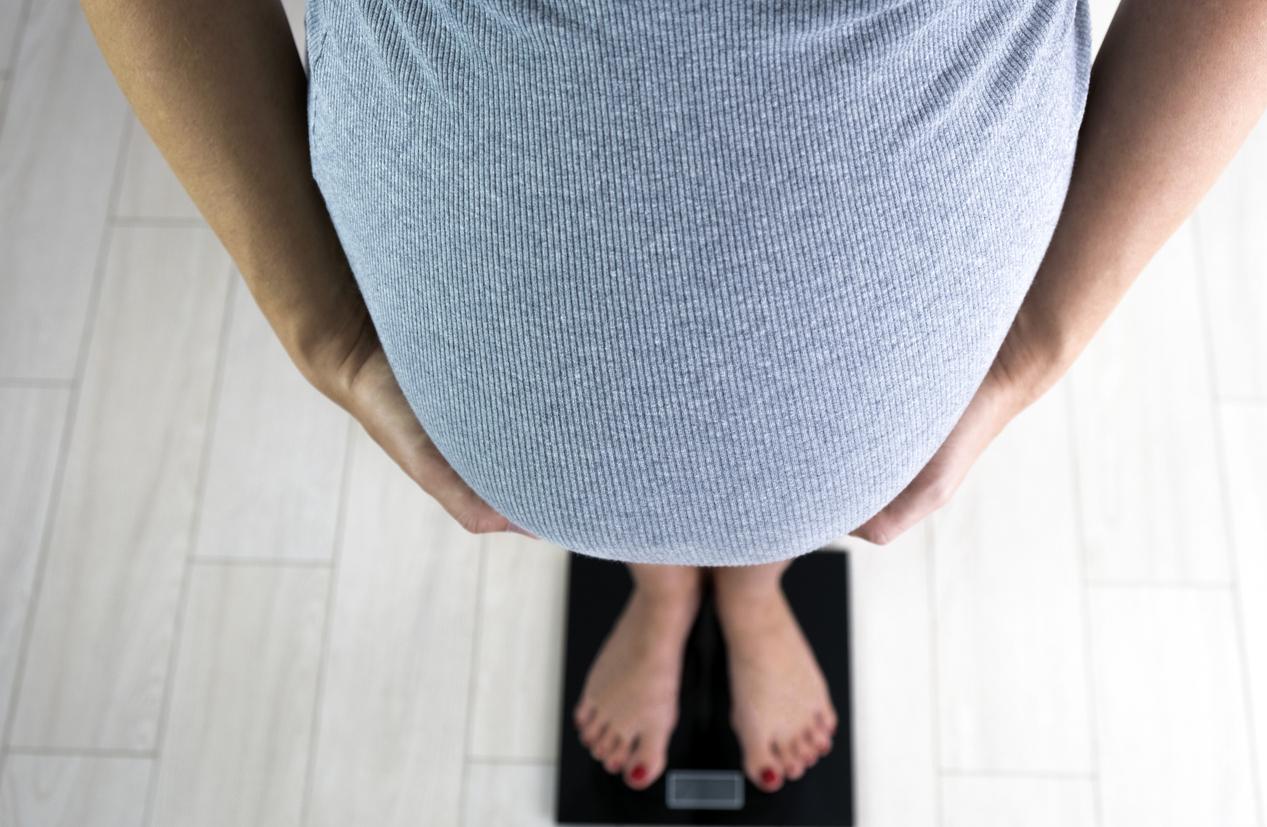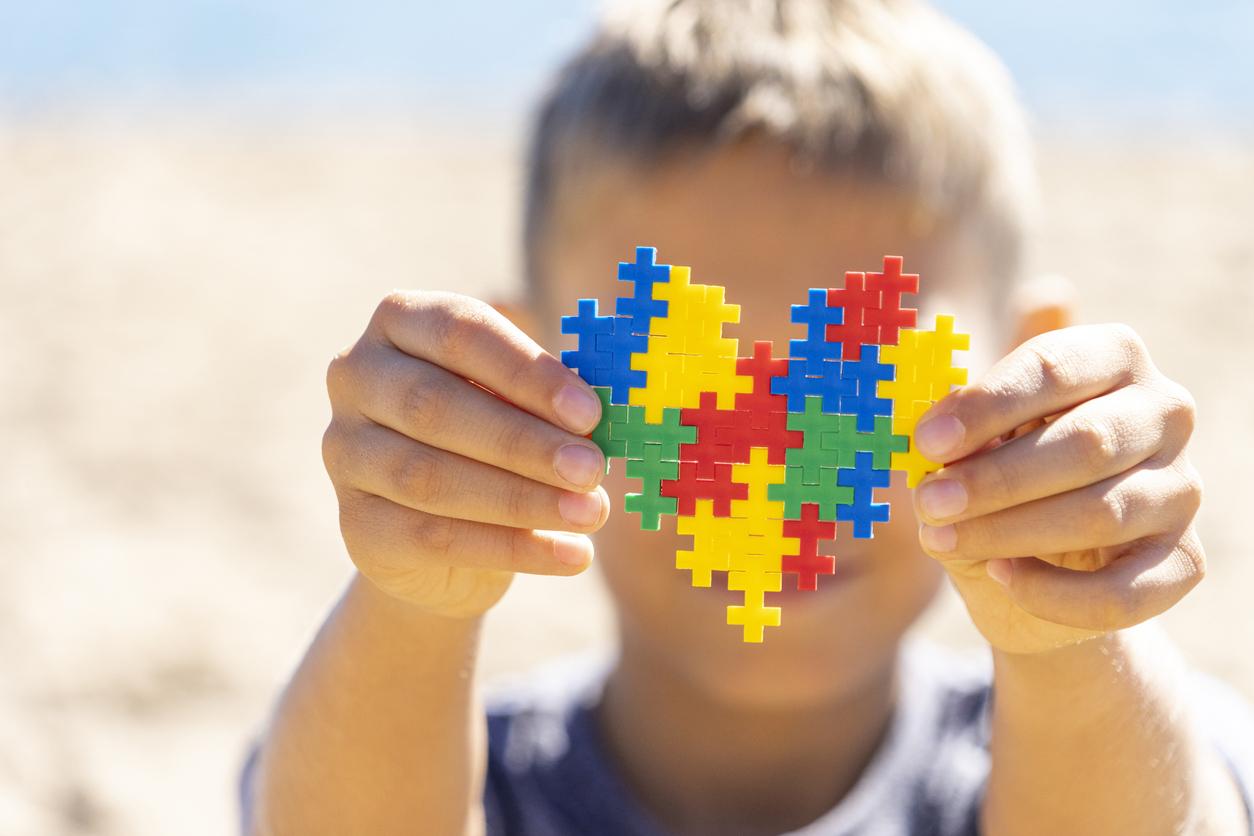What place do we give autistic people in society? On this World Autism Awareness Day, Why Doctor gives the floor to Nirina Ramiandrisoa, co-president of the CLE-Autistes association, to discuss it.
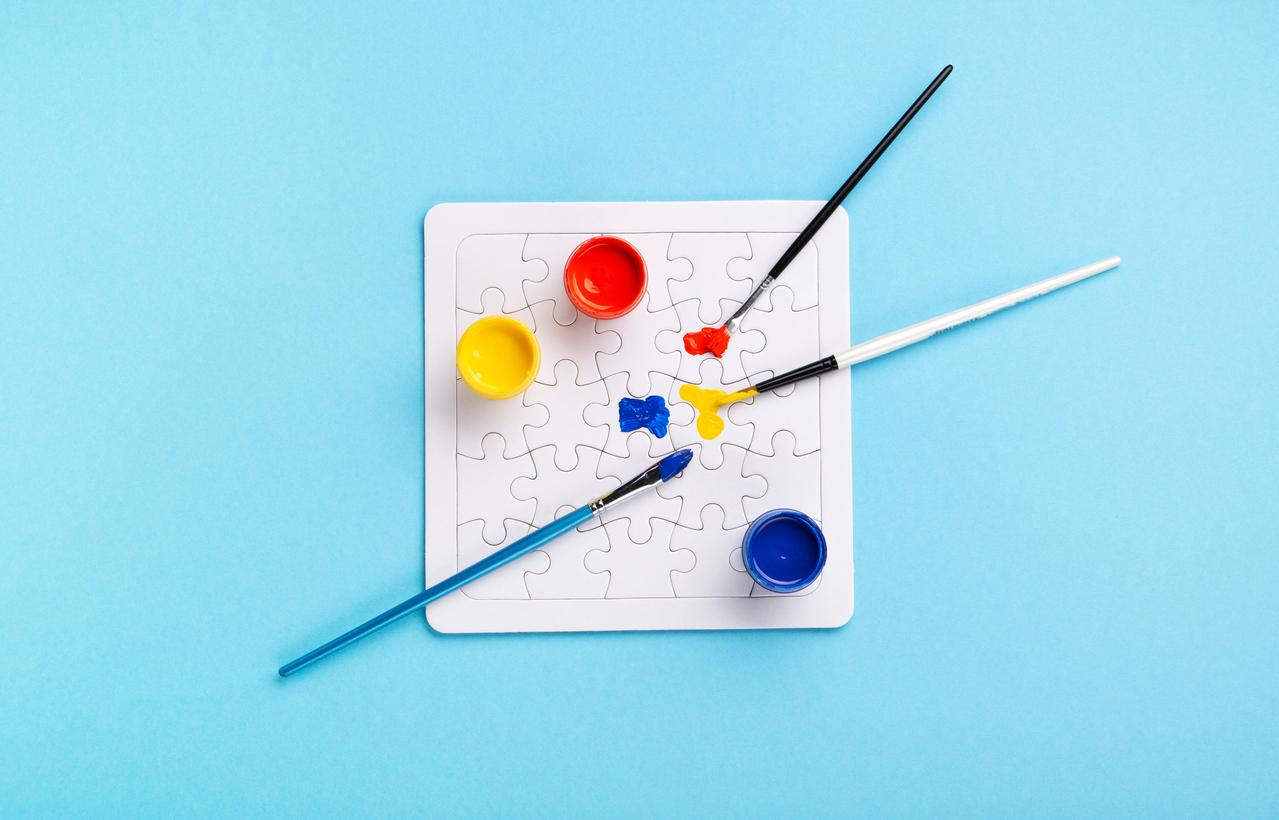
Why doctor: Can you start by explaining to us what your association CLE-Autistes stands for?
CLE-Autists: Our association is situated in a context where the voice of autistic people is most often confiscated by professionals and associations of parents of autistic children. We wish to defend the freedom of speech of people with autism, their fundamental rights, their education, their self-representation with adequate alternative means of communication and human and financial support to achieve self-determination and to be able to make their own choices. These values are defended by the UN Convention on the Rights of Persons with Disabilities, which recommends in particular to close specialized structures for all disabilities (deinstitutionalization) in order to be able to live in society on an equal footing with everyone else and promote the end of forced treatments. In summary, people with autism must have the right to be themselves and to have control over their decisions and their lives. For Autism Awareness Day, they need to be more accepted and respected, which goes beyond just raising awareness.
“The goal is to see disability from a human rights perspective and not from a deficit perspective”
We defend decision-making aids and alternative means of expression (Alternative and Augmented Communication) for example and cooperatives between life assistants and people concerned for any type of need, even involving a strong dependency. The goal is to see disability from a human rights perspective and not from a deficit perspective, even a person seen as “deficit” or “non-autonomous” must have the same dignity and the same rights as others. The rights to liberty, security, education, to own legal capacity and to live in society without being separated from people without disabilities. France has ratified this Convention but does not currently comply with it. In the field, we develop the self-determination of people with autism so that they can defend themselves, express themselves and better lead their lives on their own.
What do you “blame” for the functioning of our society today, compared to people with an autism spectrum disorder?
We live in a validist and sanitist society [pour “sanisme” qui est une forme de
discrimination envers les individus avec des troubles psychologiques ou des maladies mentales, ndlr] that is largely unfit for disability, i.e. a society that believes that the absence of a disability confers superiority over people with one. There is often a majority standard which is imposed on people with disabilities, for non-physical disabilities we speak of a “neurotypical” standard, that is to say which is based on majority cognitive, intellectual, social and emotional capacities. People who do not fit this standard are seen as less “human” or “abnormal” and therefore need to be “corrected” or “fixed” by medical or psychological means. People unable to follow these standards, despite rehabilitation, are placed in a specialized structure (IME, HDJ, MAS, FAM, ITEP), sometimes since childhood, and experience de facto segregation. This applies to autistic people who are mostly in psychiatric hospitals and medico-social structures, but also to all mental and psychic disabilities. The most productive are placed in ESAT [Établissement et service d’aide par le travail, ndlr] because we find them useful to society. But here again disabled people are often exploited by being paid below the minimum wage, without the right to strike or join a union. At school, it is difficult to have an AESH [Accompagnant des élèves en situation de handicap, ndlr], teachers make little effort to include autistic people in mainstream settings. School is unsuited to different ways of sensing the environment, different ways of concentrating or acquiring knowledge, different ways of socializing. Unsuitability for ordinary work then ensues and the system encourages placement in ESAT thanks to tax exemptions or circumvention of the handicap quota in ordinary companies. In general, there is exclusion and a refusal to adapt, including leading one’s life or making one’s own choices.
Autistic person: “we often decide for us in everyday life”
Do you think people with autism have enough voice? For what ?
No, this is not the case. Historically in France, it is the parents of autistic children who have set up the care of autism, the State recognizes them as experts in this field. The state considers those affected by autism to be these associations, it ignores the bond of subordination between a parent and an autistic child, which may involve abuse. And this prevents adults with autism (which our association represents) from being able to express their own feelings and experiences. We often decide for us in everyday life, but also politically. Public policies are made without us, most programs or debates on autism are made without an association led mainly by autistic people. The government’s autism strategy does not take into account many issues such as poverty or the advancing age of people with autism. His vision of our condition is very restricted and pathologizing. Our association assumes this self-representation. She wants people with autism to be able to have control over their lives and their storytelling for everything, including in scientific research, in order to address and achieve what we think is important to us. And that this importance is not decided by others according to their own vision of disability or autism, often lacking and unsuited to our needs.
“Autism is part of us and we cannot remove it, it changes our personality, our view of the world and it is difficult to separate ourselves from it”
How to improve the integration of people with autism?
We speak of inclusion but not of integration because integration often means readapting people to the majority norm, as for ULIS classes [Unités localisées pour l’inclusion scolaire,ndlr]the UEEs [Unité d’enseignement externalisée, ndlr] or EUMY [Unités d’enseignement en maternelle pour enfants avec troubles du spectre de l’autisme, ndlr]. It is about preparing people to accept school or work standards without trying to adapt the environment in an accessible and safe way for people with disabilities. Disability is produced by the barriers of an environment unsuited to our needs and our ways of functioning, it is already a question of knowing this definition and seeing disability from a human rights angle. We also talk about people with autism and not “affected” because this addition can be negative, autism is part of us and we cannot remove it, it changes our personality, our vision of the world and it is difficult to separate us from him. We also talk about neurodivergence to show this different wiring that will never go away, it is present for life.
Society should better take into account neurodivergence and adapt its functioning to autistic people. The latter must take part in all the decisions which affect the company. For example, CLE-Autistes participated with Alstom in a reflection on the design of new metro trains that are adapted to the sensory particularity of people with autism (noise, light, color). Initiatives are taken for silent hours in stores, but this is still marginal and above all it should be general because it benefits everyone.
The school should welcome all autistic children whatever their needs with individualized AESH help, but this implies adapting the programs, the assessments, the way of teaching and the training of the teachers… We should accept an autistic person who is not speaking in class and teaching should be able to take this into account without trying to change the person. Ultimately, we must first listen to the people concerned, take their needs into account and provide specific adaptations that respect their way of functioning so that they can find their place.
High intellectual potential, lack of empathy… the many clichés about autism
What are the clichés to which individuals with ASD are often subjected in spite of themselves?
Autism is not caused by the mother or by vaccines, it is a developmental and neurological disability. There are clichés on social profiles, it would concern little boys, rather white while autism is present in all social strata of society. Women, ethnic, gender or sexual minorities, migrants are underdiagnosed or have another diagnosis assigned by psychiatry. Autism does not disappear in adulthood, autistic people are mostly adults but are the least well served in terms of attention and means. Psychiatry produces a lot of clichés, especially on the lack of empathy, the lack of theory of mind, the lack of humor, whereas these prejudices have been invalidated by numerous recent studies. Autistic people are just as sociable as anyone else, and autism is not related to shyness or lack of sociability. It’s not just being weird or eccentric, it’s a disability affecting autonomy and communication and needs adaptation and support like all disabilities. There are also clichés about our intelligences, autism has nothing to do with intelligence. There is also the fact of being seen with a strong intellectual potential whereas our intelligence is normal on average, and this intelligence is above all measured with tools unsuited to our functioning or our expression. Autistics have a diversity of interests like many neurotypicals, and not just math, science, or computer science. In addition, all autistics, including so-called “severe”, can have access to an independent life, on an equal basis, if we give ourselves the means and adapt society to atypical functioning.










